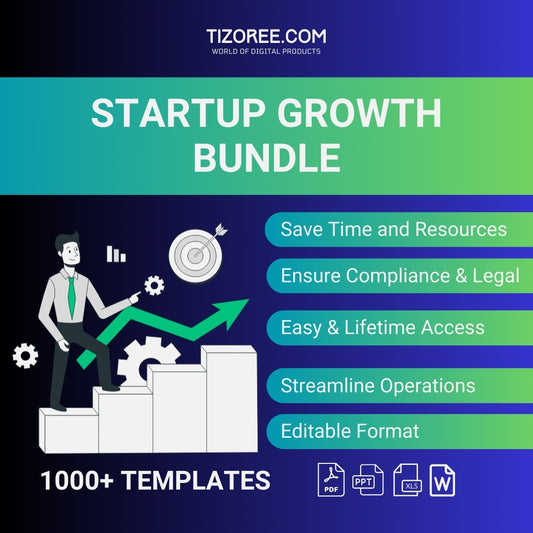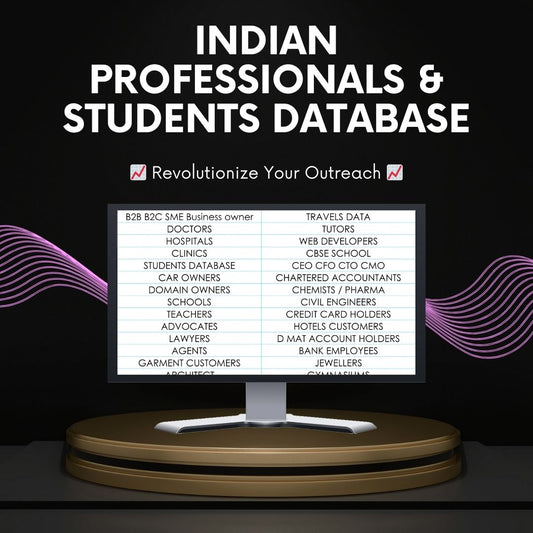Choosing the Right Web Hosting: A Comprehensive Guide
Share
When it comes to web hosting, the choices can be overwhelming. Many people find themselves regretting their decisions after realizing there were better options available. If you've ever used popular providers like Bluehost or GoDaddy, you might know this feeling all too well. This guide aims to simplify your web hosting decisions by breaking down the essential elements you need to know.
Understanding Web Hosting
Before diving into specific recommendations, it's crucial to grasp what web hosting entails. At its core, web hosting involves renting space on a server to store your website's files. The quality of the server hardware and software plays a significant role in the performance of your website.
Key Elements to Consider
When evaluating web hosting providers, keep these three key elements in mind:
- Server Quality: Look for providers that use Litespeed servers, as they are the fastest option available.
- Storage Type: NVMe storage is preferred over SSD or HDD for its superior speed. NVMe storage is seven times faster than SSD and thirty-five times faster than HDD.
- Global Server Presence: The number of servers a provider has around the world can affect your website's loading speed, especially for international visitors.
Recommended Hosting Plans by Price Range
Now that you understand the basics, let's explore specific hosting plans categorized by price ranges: Free to $5, $10 to $20, and $20 and up.
Free to $5 Plans
For those starting out, I recommend avoiding high upfront costs. Here are options within this range:
WebHostMost
This provider offers free hosting with limitations, such as 125MB of storage. Despite the constraints, it utilizes Litespeed servers and NVMe storage, ensuring excellent uptime and speed. It’s a great way to test the waters without financial commitment.
Hostinger
Starting at just $2.69 per month, Hostinger is a strong contender in this category. They provide everything you need to get started, including domain registration, website backups, and SSL certificates. Their shared web hosting plans are user-friendly, making it an ideal choice for beginners.
$10 to $20 Plans
This range is suitable for those looking for more robust options, especially for e-commerce websites or sites expecting higher traffic.
A2 Hosting
A2 Hosting’s Run Plan at $11.99 offers exceptional value. With advanced AMD CPUs and NVMe storage, it ensures a fast and stable performance. This plan is best for users expecting significant traffic, as it can handle up to 500 simultaneous users without a hitch.
InterServer
For those preferring flexible monthly payments, InterServer’s Boost Plan at $19.95 offers eight gigabytes of RAM and is capable of handling high traffic volumes. While it has a slightly outdated control panel, the performance-to-price ratio makes it a solid choice.
Plans Above $20
If you’re looking for enterprise-level solutions that can scale with your business, consider the following:
ScalaHosting
Starting at $26.95, ScalaHosting provides managed solutions with top-of-the-line hardware. Their plans come with dedicated IP addresses and superior security features, perfect for businesses that need reliability and speed.
What to Avoid
While there are great hosting options available, some providers consistently score low in performance and customer satisfaction.
Providers to Avoid
- Bluehost: Often criticized for poor performance and upselling.
- HostGator: Similar issues as Bluehost, with outdated infrastructure.
- GoDaddy: Known for aggressive marketing rather than performance.
- Namecheap: While they offer low prices, their performance often doesn't match the expectations.
Conclusion
Choosing the right web hosting provider is crucial for your website's success. By understanding the key elements of server quality, storage type, and global presence, you can make informed decisions. Whether you opt for a free plan or invest in a premium service, make sure to evaluate your specific needs before committing. Remember, the best hosting option is one that aligns with your business goals and technical capabilities.
For more insights on getting started with any of these providers, feel free to check out the tutorials linked below. Good luck with your hosting journey!



